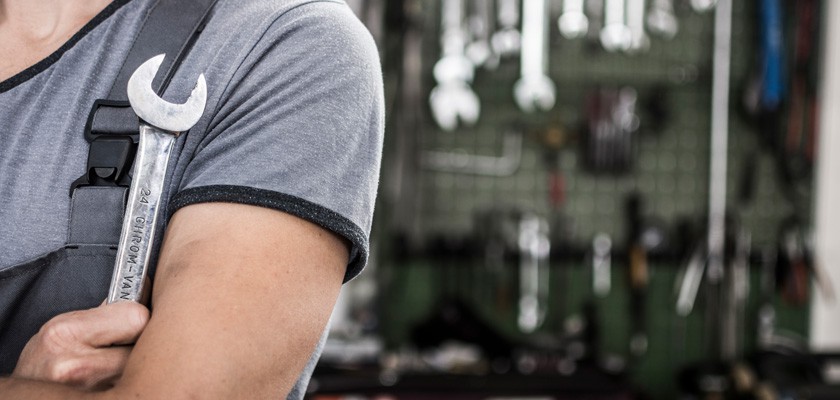Money and Mechanics: How to Save Big on Car Care
Every car owner knows that regular maintenance is key to keeping a vehicle running smoothly for many years. Unfortunately, maintenance work has a reputation for adding up in price quickly, costing you a pretty penny. On the bright side, there are ways drivers can save money on car care, simply by knowing a little bit more about what their car actually needs to stay healthy.
Know Your Fluids
Having clean oil in your car is crucial. It keeps the engine lubricated so that it doesn’t wear out too soon. It also helps your fuel economy. But that doesn’t mean your oil needs to be changed every 3,000 miles. In fact, according to Money Talks News, most of today’s cars can typically go between 7,500 and 10,000 miles before requiring new oil. This is thanks to improved oil and more advanced engines. Your car’s manual will tell you how many miles you can really go before you need to bring it in for a change.
“Today’s cars can typically go between 7,500 and 10,000 miles before requiring new oil. “
The gas you choose can also be hurting your wallet more than it needs to. First, if your car says it takes regular but you’ve been choosing premium, switch back to regular as soon as possible. There isn’t anything about premium that is better for your car or your gas mileage if your engine only requires regular.
If premium gas is recommended, but not required, you can probably get away with using regular gas anyway, according to Kiplinger. This will save you several dollars at the pump every time you fill up.
Some mechanics may try to sell you a fluid flush for anything from your brake fluid to your transmission fluids. While it’s important that these are kept clean, and they will need replacing once in awhile, a flush is generally unnecessary. However, car owners have been known to pay hundreds of dollars for this maintenance task.
Be BFF’s with a Mechanic
Kiplinger pointed out that many car owners may turn to the dealer for their maintenance work because they worry that going elsewhere could void the warranty. However, if your mechanic uses quality parts and you keep the paperwork, you should be in good shape.
If you’re worried about getting the latest news about recalls, don’t. There is plenty of information you can access yourself online. An independent shop likely keeps up on recalls as well.
Once you find a mechanic you like, show him or her that you are a good customer. Introduce yourself and get on a first-name basis with the mechanic. Being kind and friendly can go a long way.
Do It Yourself
There are some types of maintenance work that shouldn’t be attempted if the car owner doesn’t have experience with. But that doesn’t mean there aren’t things the average person without a mechanic background can do.
For instance, changing your windshield wipers is a very straightforward task. If your blades are a little torn, and the mechanic offers to sell you new blades and to install them, say no thank you, and head to the store and do it yourself.
Consumer Reports pointed out that washing and waxing your car is an easy task, too. Taking the time to hand-wash your car will also help you notice any scratches and dings you’ll want to address. After it’s all clean, apply a wax coating to protect the paint. Liquid waxes are typically easier to apply than paste ones, and they will last about the same amount of time.
If you noticed a few scratches during the process of washing your car, address the problem right away. Avoiding a small flaw can allow it to become a bigger problem that you may not be able to handle on your own. A small bottle of touch-up paint can cover the scratch, and it’ll cost you a lot less than taking it to a professional.
Have Tire Intelligence
Instead of buying your tires from a garage, check out a warehouse store. You’ll probably find a good deal there, plus there are a host of other bonuses as well, according to Kiplinger. In addition to the warranty, you’ll also have the perks of your club’s satisfaction guarantee, and your installation costs may also include services for the future like rotations and balancing.
Having a car means taking the responsibility to care for it and making sure the necessary maintenance tasks are completed. But that doesn’t mean you have to empty your wallet for your vehicle. By educating yourself about what is needed and what isn’t, you’ll be able to save some money.






